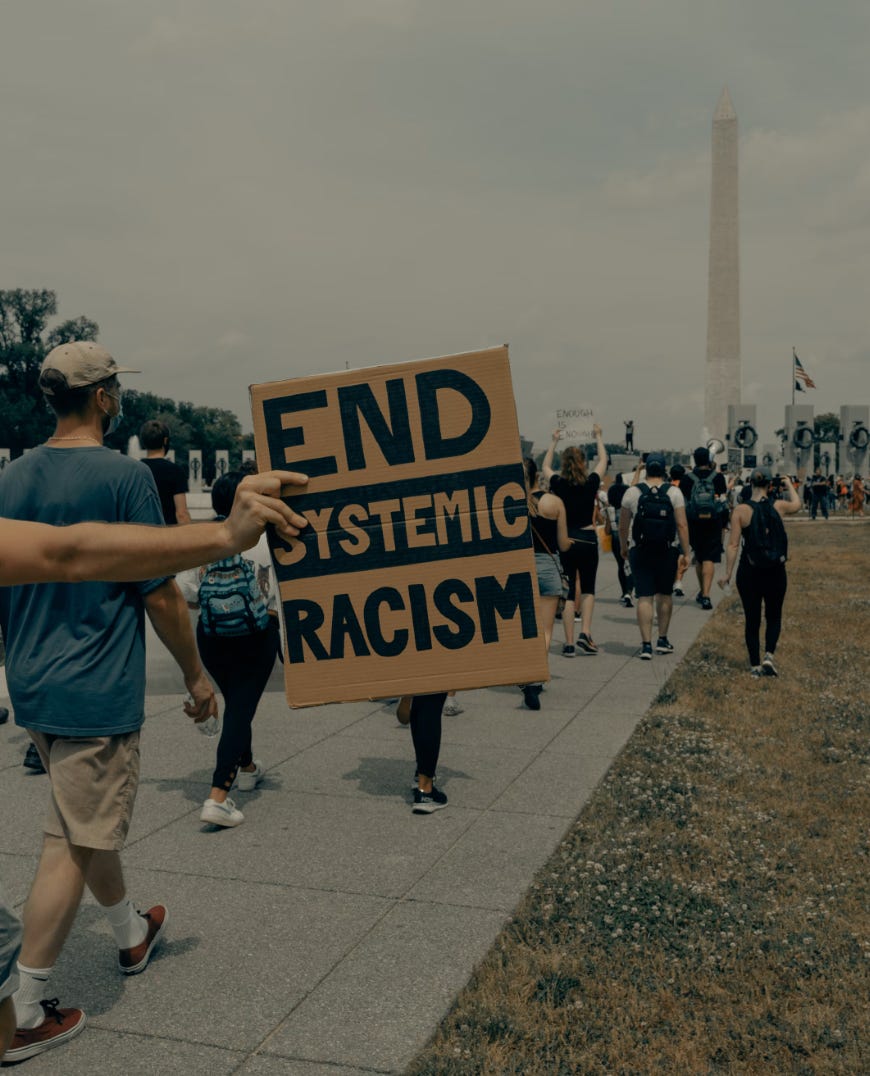In the grand narrative of progress, it's easy to fall into the comforting belief that our society has transcended the racial prejudices of the past. We take solace in the victories of the civil rights movement, yet beneath the surface of these triumphs, a quiet but persistent undercurrent of activism remains. Young women of color are leading the effort.
In 2020, young women of color consistently outperformed their peers in various aspects of civic engagement and social participation, often exceeding expectations for their age group and making significant contributions in society. Notably, young Asian women and young Latinas displayed outstanding levels of political involvement, expressing higher rates of engagement in political discourse, addressing issues of racism within their communities, demonstrating faith in the real-world impact of elections, actively participating in rallies and protests, and volunteering for political campaigns. Young Black women (61%) and young Latinas (57%) set themselves apart through their unwavering dedication to combating racial violence (“Young Women of Color Continue to Lead” 2022). They demonstrate an exceptional commitment to making the fight against violence targeting people of color a national priority and feel an urgent need to take concrete steps toward achieving racial justice.
While young voters of color are becoming more engaged and determined to dismantle systemic racism, political forces are attempting to suppress their voices by restricting their access to vital educational resources. These efforts are particularly evident in the controversial push to ban Critical Race Theory (CRT) from classrooms, a move that raises concerns about potentially stifling essential conversations regarding our nation's history and the ongoing struggles against racial injustice, as well as impeding youth-led racial activism.
Critical Race Theory (CRT) is a theoretical framework that allows scholars to respond to racism, especially as it is codified in public policy. CRT examines how societal power structures and systemic racism intersect to perpetuate inequalities based on race. Presently, 18 states have banned CRT, nine are actively attempting to impose a ban, 17 are supportive of CRT, and seven have no restrictions regarding its implementation (World Population Review, 2023). We see two clear & distinct views regarding these bans. Conservative anti-CRT campaigns dub Critical Race Theory as "reverse racism," framing it as divisive and detrimental to white individuals. This campaign places a broad definition on CRT, encompassing any discussion on racial inequality. As a result, opponents use CRT bans to toss topics such as slavery, Jim Crow Laws, voter suppression, and segregation from school curriculums, despite their significant role in American history.
The removal of historical and living topics from classroom discussions can fuel racial appeals and divisions in politics. Politicians, conservative think tanks, and media figures have used claims to parental rights, “reverse racism,” and ideology to brand any diversity, equity and social justice initiative as the dangerous “critical race theory.” These efforts pose a real and immediate threat to our democratic principles and educational integrity. By stifling crucial conversations about our history and racial disparities, we perpetuate ignorance, allowing discrimination to endure. Moreover, these divisive tactics can exploit racial tensions to influence elections and target racial activism. In the face of racial pushback, it's essential to recognize that young women of color remain at the forefront, leading the charge for racial justice. This is a call to action, urging our country’s youth to protect our shared history, fight against voter suppression, and work toward a more just, equitable, and united future.




